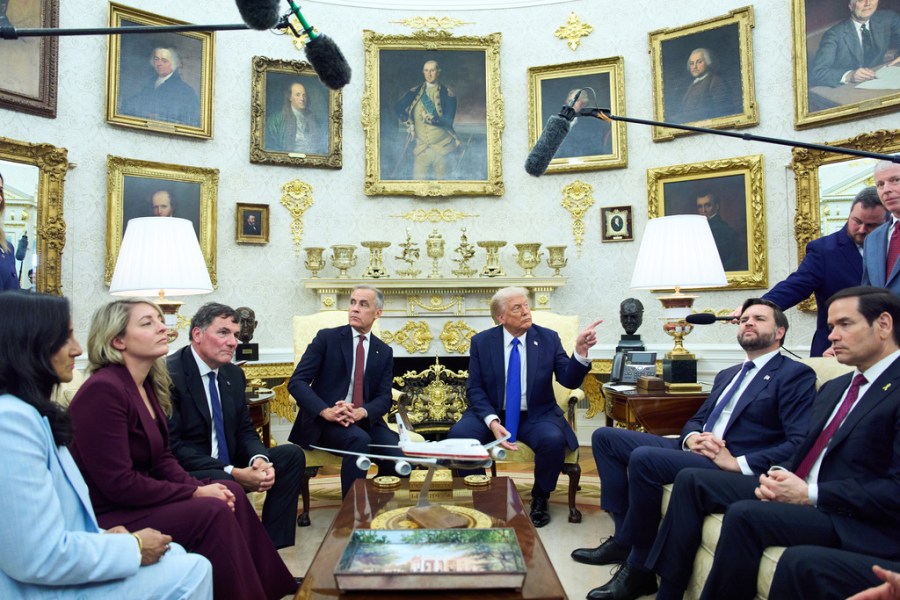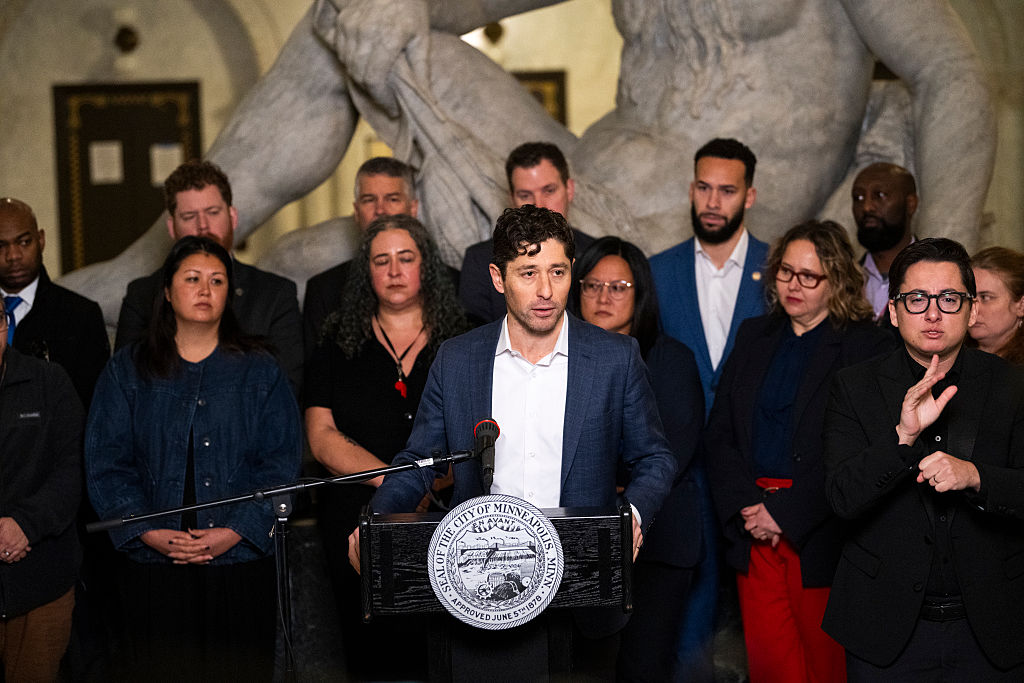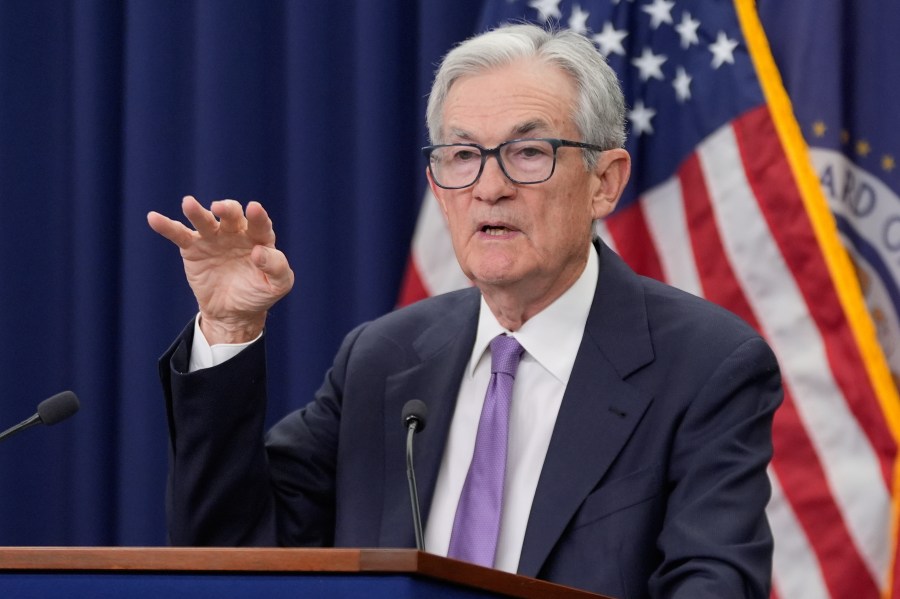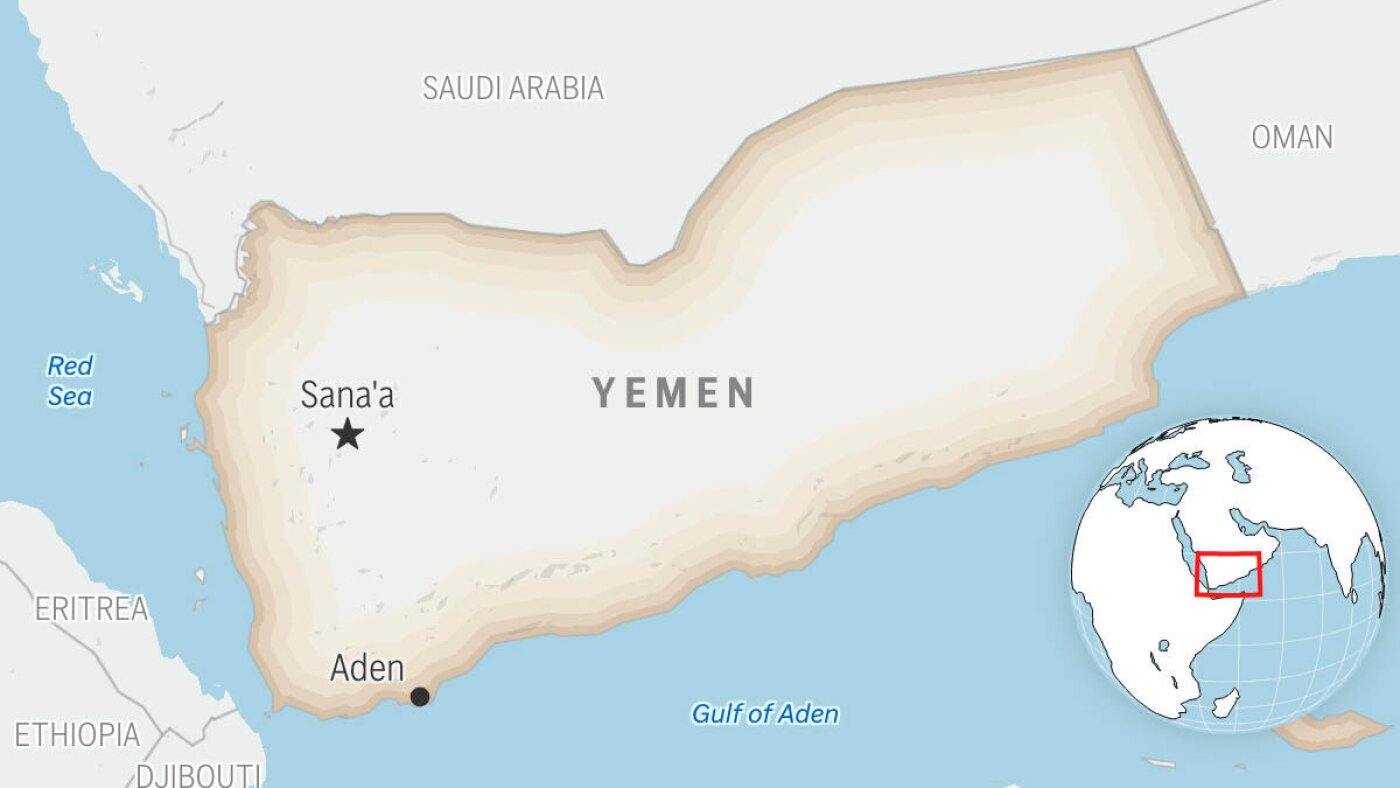Ontario Premier Doug Ford recently launched an advertisement featuring former President Ronald Reagan‘s endorsement of free trade. This move triggered a swift response from current President Donald Trump, who imposed a 10 percent tariff on Canadian goods and halted all ongoing trade negotiations with Canada.
The advertisement, which aired in Ontario, highlighted Reagan‘s historical support for free trade agreements, suggesting that such policies are beneficial for economic growth. Ford’s intention was to reinforce the importance of trade relations between Canada and the United States. However, the ad’s timing and content sparked a backlash from the Trump administration.
In response to Ford’s campaign, President Trump publicly criticized the advertisement, labeling it as an attempt to undermine his administration’s trade policies. The imposition of tariffs on Canadian imports, which primarily affect industries such as lumber, automotive, and agriculture, signals a significant escalation in tensions between the two nations.
Trade negotiations between Canada and the United States have been fraught with challenges in recent years, especially during Trump’s presidency. The decision to cancel ongoing discussions further complicates an already strained relationship. Analysts suggest that this latest development could have lasting implications for cross-border trade, impacting businesses and consumers alike.
Trade between Canada and the United States is a critical component of both economies. In 2022, bilateral trade reached approximately $700 billion, with Canada being the largest trading partner for the U.S. This makes the halt in negotiations particularly concerning, as both nations have much to lose from escalating trade disputes.
The 10 percent tariff is expected to lead to higher prices for Canadian goods in the U.S. market, potentially affecting consumer purchasing behavior. Canadian officials are now faced with the challenge of addressing the tariff’s impact while seeking to rebuild trade relations with the U.S.
Reactions from Officials and Economists
Economic experts have weighed in on the implications of these developments. Many emphasize the importance of maintaining open trade channels to support economic stability. Mary Ng, Canada’s Minister of International Trade, condemned the tariffs as “unjustified” and called for constructive dialogue to resolve the issues at hand.
Supporters of free trade argue that protectionist measures like tariffs ultimately harm consumers and stifle economic growth. They advocate for a return to collaborative discussions to negotiate fair terms that benefit both countries.
With the current geopolitical climate, the fallout from this trade spat could reverberate beyond just tariffs and negotiations. The situation underscores the delicate balance of international trade relations and the potential consequences of political advertisements in shaping economic policy.
As both leaders navigate this complex issue, the future of Canada-U.S. trade relations remains uncertain. The ongoing tensions serve as a reminder of the interconnectedness of global economies and the importance of diplomatic engagement in resolving differences.







